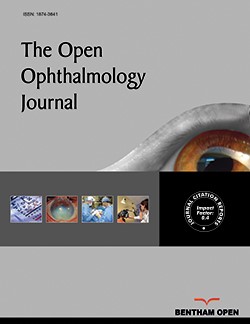All published articles of this journal are available on ScienceDirect.
Perspective of Future Potent Therapies for Fuchs Endothelial Corneal Dystrophy
Abstract
Background:
Fuchs Endothelial Corneal Dystrophy (FECD) is a progressive disease that affects the corneal endothelium in both eyes. Recent studies have identified a novel genetic basis for FECD, and basic research findings have provided evidence for its underlying pathophysiology. Since its first description by Ernst Fuchs in 1910, the only therapeutic choice has been corneal transplantation using donor corneas. However, accumulating evidence suggests that a change in this “rule” may be imminent.
Conclusions:
This article reviews the current knowledge of the genetics and pathophysiology of FECD, and it introduces some potent therapeutic modalities that show promise as new treatments for this disorder.


